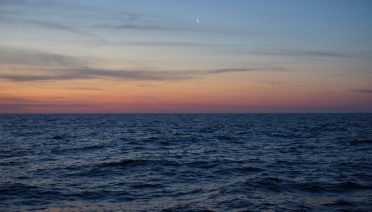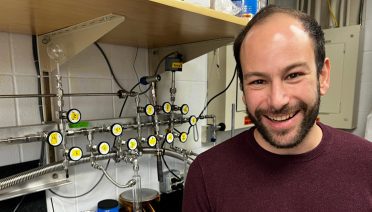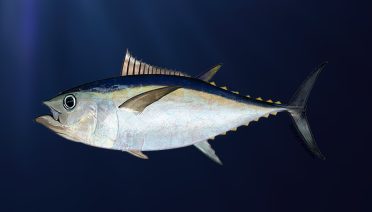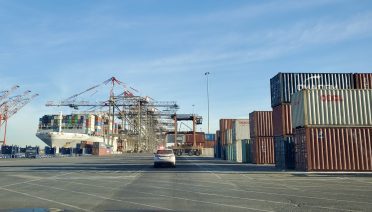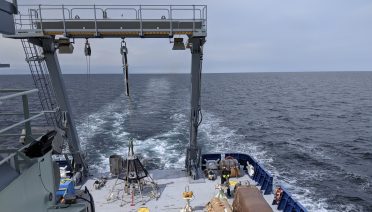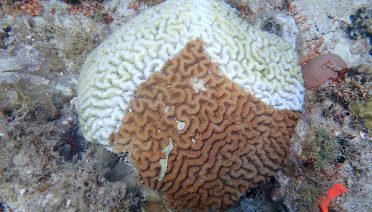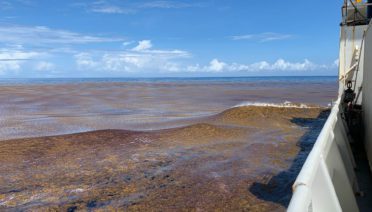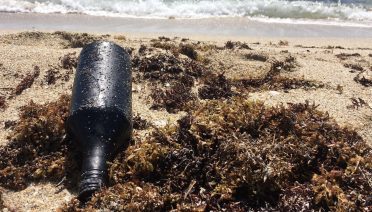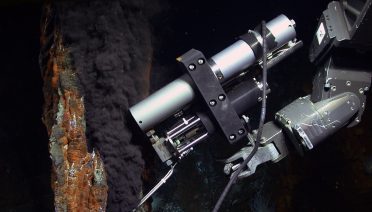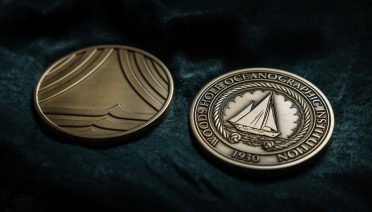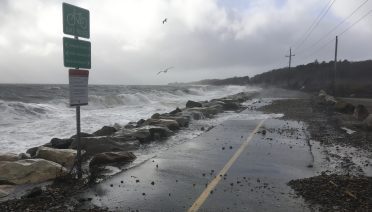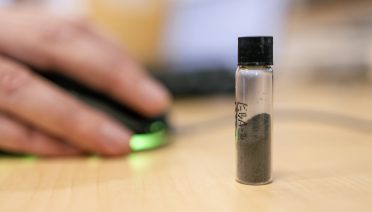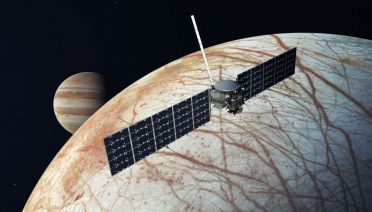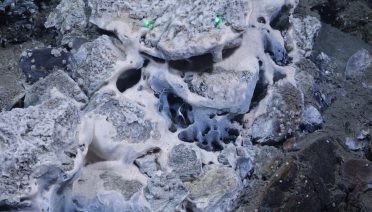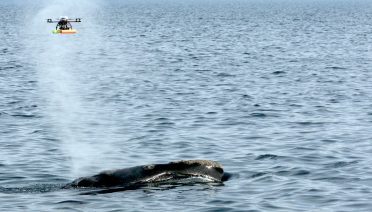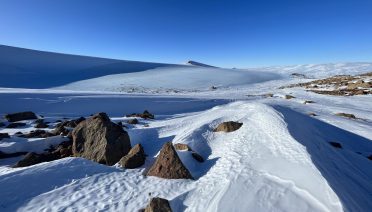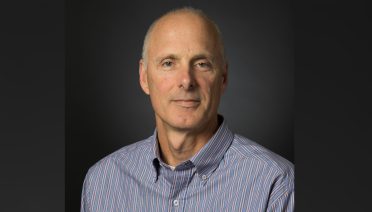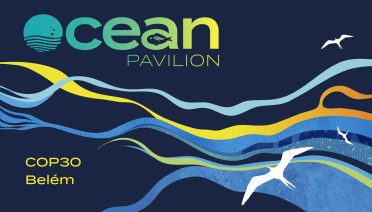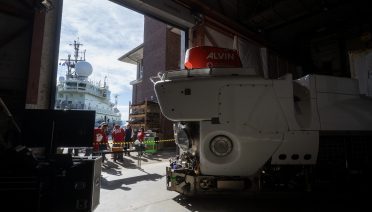Press Room
A new paper argues that larger, longer studies with rigorous monitoring and clear safeguards are needed to accurately assess OIF as a potential long-term CO2 storage solution.
The award is among the highest international honors recognizing early-career scientists in geochemistry.
The study shows that large-scale harvesting of mesopelagic fish that live hundreds of meters below the surface could reduce the food available to bigeye tuna
CMA CGM, which has long been committed to preserving biodiversity through multiple initiatives in the U.S. and worldwide, will support two key WHOI projects
The study shows that deep ocean water in the North Atlantic was much warmer during the last ice age than scientists once believed.
Coral reefs support more than 25 percent of all marine life and underpin the livelihoods of roughly one billion people globally.
WHOI led the study’s economic modeling and analysis, examining impacts across three sectors central to coastal economies: tourism, recreation, and fisheries.
Oil spill forensics reveal how plastic debris can carry petroleum pollution across entire ocean basins
A new study suggests Jupiter’s icy moon lacks geophysical activity, changing how scientists think about life there
Eight ocean champions, including two former U.S. presidents, accept awards from one of the world’s leading ocean science nonprofits
The study finds that the rate of U.S. coastal sea-level rise has more than doubled in the past 125 years.
Researchers use vanadium isotopes to track the rise of oxygen in ancient seas
The findings point to warming ocean temperatures, shifting nutrient regimes, and changing circulation patterns as likely contributors to this emerging basin-scale redistribution of Sargassum.
The Investigating Ocean Worlds project will seek to improve the analysis of data related to carbon-rich molecules that could be an indicator of biological activity.
A distinctive oceanic core complex releasing hot fluids has been identified at a depth of 2,700 meters on the Arctic Ocean’s floor.
A first of its kind study links drone-collected respiratory microbes with health assessments, offering hope for protecting vulnerable populations
This is the most significant discovery to date for COLDEX, an NSF Science and Technology Center funded in 2021 to explore the Antarctic ice sheet, which is the largest ice mass on the planet.
The Harald Sverdrup Lecture honors individuals who have made exceptional contributions to, and promoted collaboration within, atmospheric and oceanographic research.
Leading science institutions and partners highlight ocean–forest interconnection and the ocean’s role in global climate solutions at COP30
Backed by global leaders and philanthropists, WHOI launches a landmark campaign to advance the science that protects the ocean, sustains communities, and secures our ocean future.

